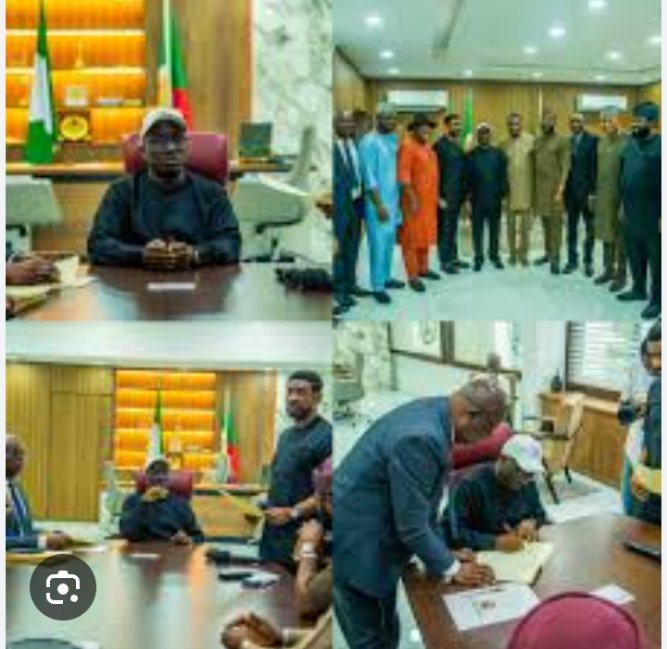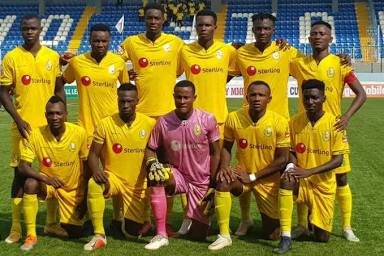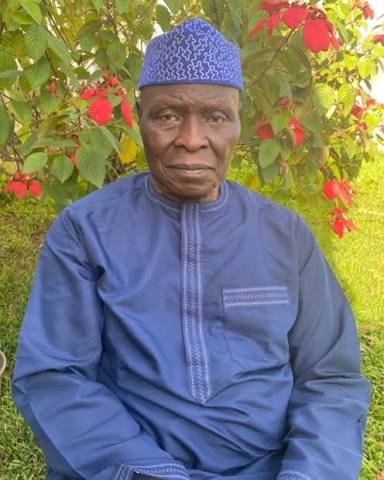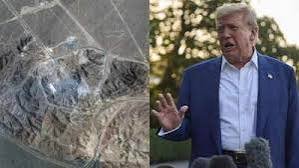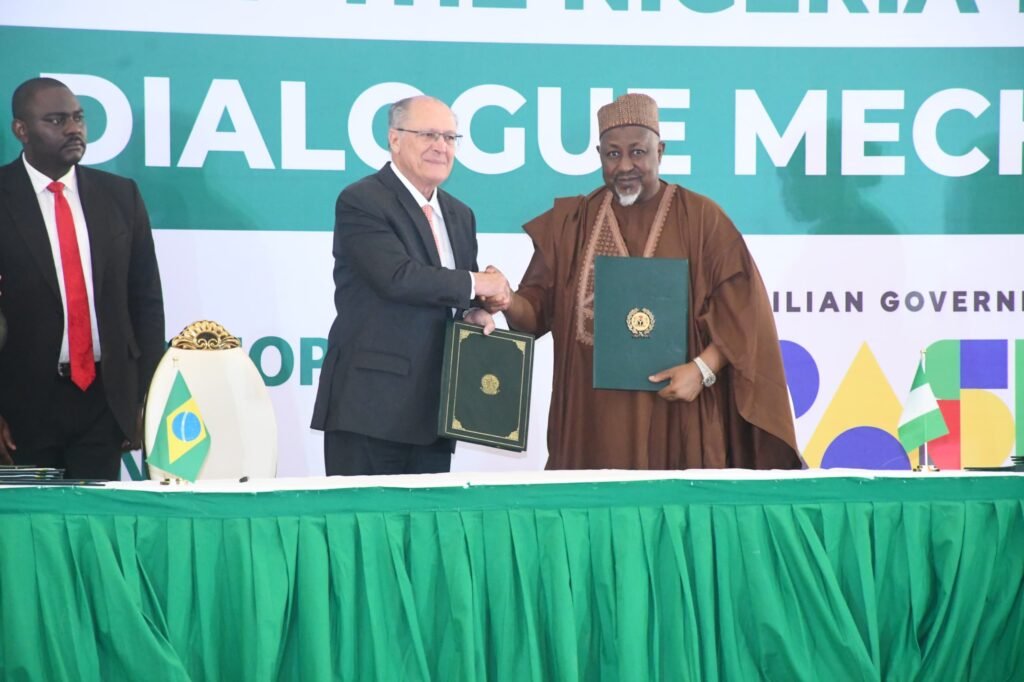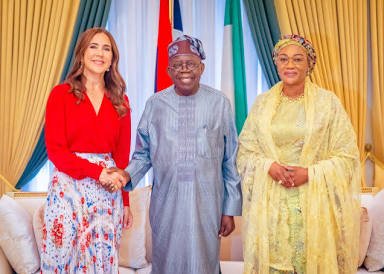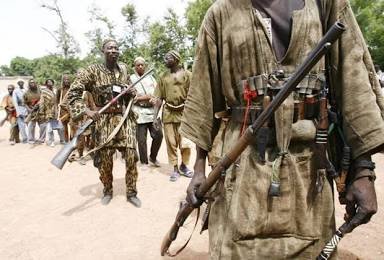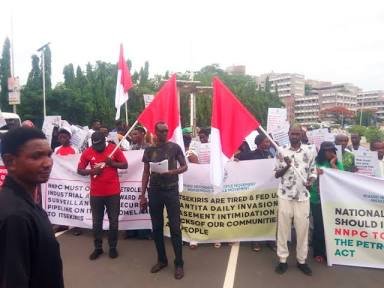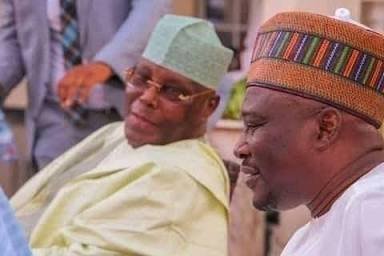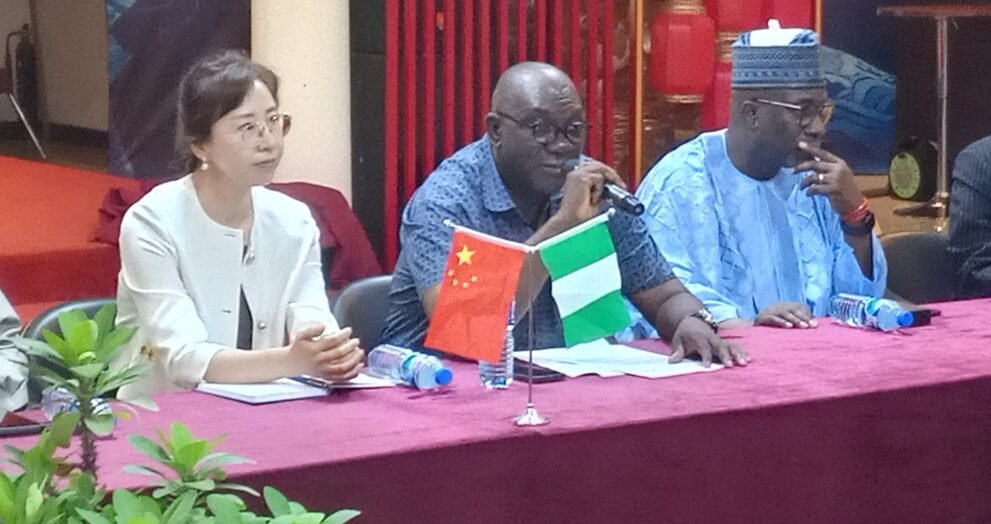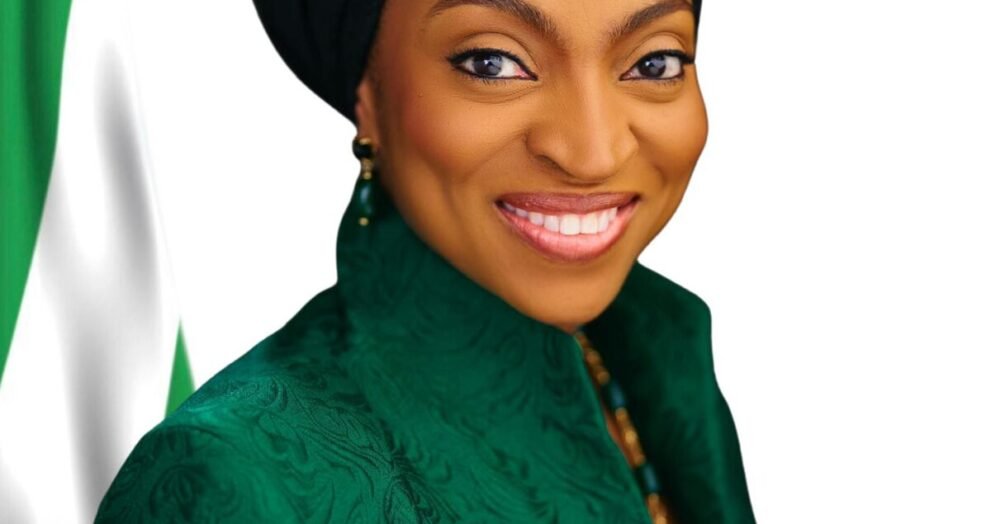NIGERIA-CHINA COOPERATION: A STRATEGIC PARTNERSHIP AMIDST GLOBAL TRADE DISRUPTIONS
A dialogue on “Opportunities and Challenges in Nigeria-China Cooperation Amidst Shocks and Tremors of Global Trade Disruptions and Tariff Face-Offs” was held on May 13, 2025, to explore the prospects of strengthening bilateral ties between Nigeria and China. Chairman of the Center for China Studies, Charles Onunaiju, in his remarks, highlighted the significance of the partnership between the two countries. In the statement, Onunaiju noted that the current global trade disruptions, triggered by the US’s protectionist policies, present an opportunity for Nigeria and China to deepen their economic cooperation. “It is an essential aspect of Nigeria-China cooperation that we must consist in governance experience-sharing because building relevant strategic resilience in the face of abrupt disruptions is a crucial factor in governance process that prioritizes strategic foresight,” Onunaiju said. Onunaiju emphasized that Nigeria and China are currently at a historic high of their bilateral cooperation, with prospects for further expansion and deepening. He cited the countries’ strong political goodwill and understanding, particularly Nigeria’s reaffirmation of the “One China” policy, which opens up opportunities for fruitful bilateral engagement. The Chairman highlighted the growth of Nigeria-China bilateral trade, which exceeded $20 billion in the previous year and is set to grow exponentially. He also noted that the China-Africa Economic and Trade Expo, scheduled to hold next month in China, would provide a platform for direct engagement between key stakeholders from both sides. Onunaiju further emphasized the potential benefits of Nigeria’s participation in the expo, including concessional access to the Chinese market for African agricultural products. “Nigeria’s current challenges of volatility and uncertainty in the foreign exchange market can be considerably ameliorated by non-oil exports,” he said. “Chinese huge market in the circumstances of volatile international market guarantees and provides for a stable market access for Nigeria.” The dialogue brought together policy practitioners, scholars, actors in industries, and business leaders to share perspectives on the current and emerging scenarios, with a view to exploring opportunities and articulating measures to strengthen Nigeria-China ties.

